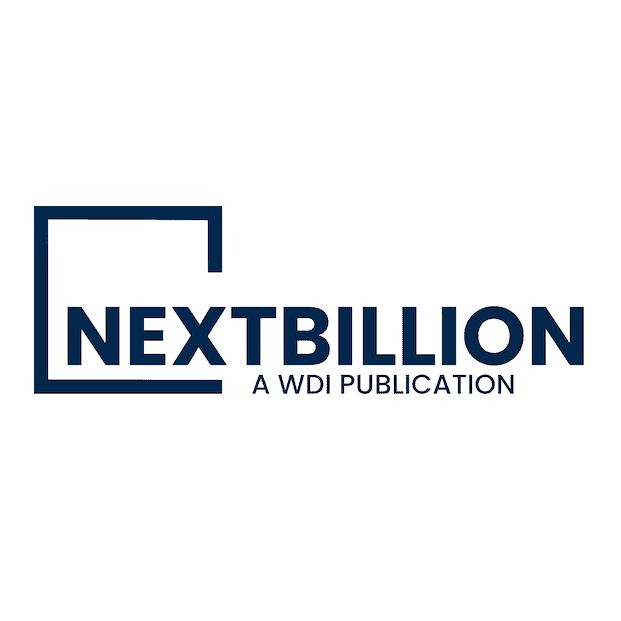-
Africa’s Startups Need Patient Capital: Could the African Diaspora Help Provide it?
African startup funding amounts to a tiny fraction of global venture capital (VC), and these investments are often concentrated on sectors like fintech and e-commerce. As a result, as Kristin H. Wilson at Innovate Africa Fund argues, African founders often lack the capital and incentive to tackle the continent’s biggest development challenges. She proposes a new approach to funding innovative African-made solutions to these issues — one that leverages the capital and entrepreneurial expertise of the African diaspora.
- Categories
- Health Care, Investing
-
The Gender Aspect of the E-Mobility Transition: An Innovative Collaboration in Kenya Highlights New Ways to Bring Women into the Sector
The transition to electric mobility (e-mobility) represents a massive shift for consumers, businesses and other stakeholders. But as Dana Gorodetsky at the William Davidson Institute argues, it also creates an opportunity to engage women as electric vehicle (EV) entrepreneurs, designers, producers and drivers — and to design mobility solutions with women's needs in mind. She explores how Kenya is leading the way in ensuring a just and inclusive e-mobility transition, highlighting two companies that are working to boost women’s involvement in the EV value chain.
- Categories
- Energy, Environment, Transportation
-
NextBillion’s Most Influential Articles of 2024: Congratulations to the Three Winners
NextBillion's “Most Influential Articles of the Year” contest has been a yearly tradition since 2012. The contest highlights 12 of our most-read articles from the past year and gives readers the opportunity to vote for their favorites. Here are our three Most Influential Articles of 2024, as selected by our readers.
- Categories
- Agriculture, Energy, Environment, Health Care, Investing, Technology
-
Announcing NextBillion’s Most Influential Articles of 2024: Vote for Your Favorites by Jan. 5
As we bid farewell to an eventful year, it's time for NextBillion’s annual tradition: our “Most Influential Articles of the Year” contest. Each December since 2012, we've selected 12 of our most-read articles from the past year, inviting readers to vote for the ones that influenced their thinking the most. Check out the articles in this year's contest (if you haven't already), and vote for your favorites: You can vote up to once per hour between Dec. 18 and 11:59 pm EST on Jan. 5.
- Categories
- Agriculture, Energy, Environment, Health Care, Impact Assessment, Investing, Social Enterprise, Technology
-
Making Mini-Grids Work for Everyone: A Tariff Harmonization Pilot in Sierra Leone Reveals the Benefits and Challenges of Lowering Prices
Solar mini-grids offer a promising solution to energy poverty in Africa. But according to Tombo Banda and Lisa Kahuthu at CrossBoundary and Miriam Atuya, this approach has yet to gain sufficient traction, due in part to the challenge of balancing operational sustainability with affordability. If customer tariffs are set too low, operators lack revenue — but if prices are set too high, mini-grid electricity isn’t accessible enough to drive widespread adoption. They share the results of a pilot program in Sierra Leone that tested the impact of lower prices on mini-grid operators and their customers, highlighting the implications for future efforts to implement tariff reduction at scale.
-
Impact Investing in Turbulent Times: Opportunity Amid Uncertainty
Impact investing, much like the world around us, is facing a period of prolonged turbulence, as the interconnected shocks of 2024 — from the escalating climate crisis to rising geopolitical tension — raise doubts about whether the sector can grow fast enough to make a difference. But as Florian Kemmerich at KOIS argues, the need to solve these crises may ultimately become the impetus for true scale in the industry. He explores how innovative investments can address some key global crises, and shares reasons for optimism amid the uncertainty.
- Categories
- Education, Environment, Health Care, Investing
-
Subsidy and Synergy: How Philanthropy Can Complement Impact Investing More Effectively
The original goal of impact investing was to build out the funding spectrum between philanthropy and commercial investment. But according to Asad Mahmood at SIMA and Nanno Kleiterp, the arrival of private equity firms — promising scale and market-rate financial returns — has pulled all the sector's energy toward the commercial end of the spectrum. They explore the key role philanthropic subsidy has played in the development of emerging markets business, clarify some misconceptions about its role in impact investing, and propose some ways philanthropists and impact investors can better align their efforts.
- Categories
- Energy, Finance, Investing, Social Enterprise
-
You Can’t Have Global Standards Without the Global South: Why Emerging Markets Must Lead the Way in Driving Impact Reporting Transparency
In recent years, global standard-setting bodies have released widely adopted impact reporting standards, designed to ensure that companies disclose sustainability- and climate-related information alongside their financial statements. Though these standards are a huge step forward for global impact transparency, Ibukun Awosika argues that they reveal a troubling power dynamic between developed and emerging markets. She explores how key voices in the Global South were left out of the process of developing these standards, and proposes two changes that can ensure a greater role for them going forward.
- Categories
- Environment, Investing










